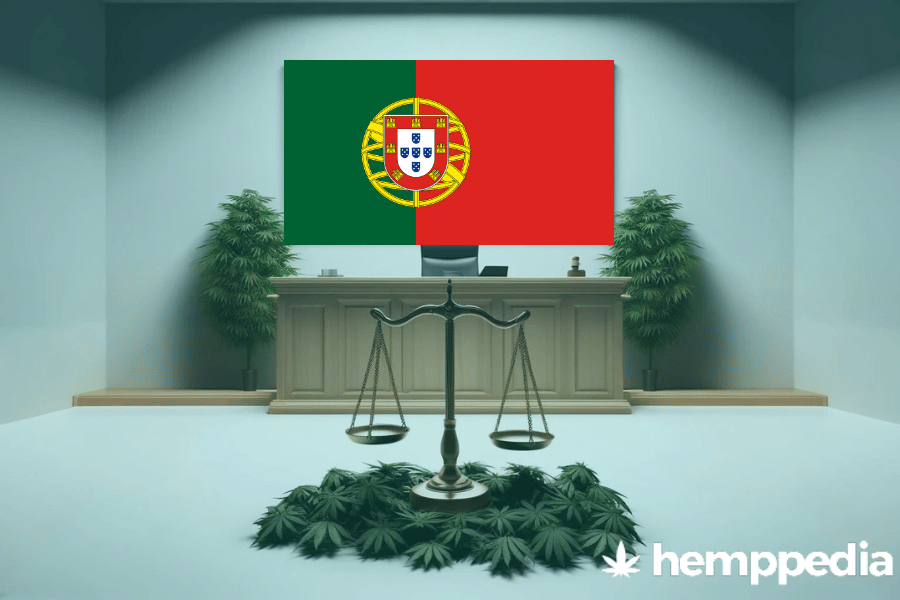TL;DR
In Portugal, CBD (Cannabidiol) is largely seen as legal when it comes from industrial hemp and it contains no or only traces of THC (Tetrahydrocannabinol), the psychoactive compound in cannabis. However, regulations around its sale and distribution remain complex. This article will guide you through the intricacies of Portugal’s legislative stance on CBD.
Key Legal Aspects:
- Usage: Legal for both recreational and medicinal purposes, pending certain restrictions.
- Possession Limits: No specific limit publicly stated.
- THC Distinction: CBD products are only legal if they contain less than 0.2% THC.
Overview of CBD Legislation
Legal Landscape
While some countries have broad restrictions against cannabis products, Portugal has a more liberal stance. Decriminalisation of all drugs took place back in 2001. While this doesn’t mean all substances are legal to sell and distribute, it does reduce the penalties associated with personal possession.
Regulatory Bodies
The Portuguese government does not oversee every aspect of the CBD market. Instead, certain products are regulated by different government agencies. For instance, INFARMED, the Portuguese National Authority of Medicines and Health Products, has control over CBD products that are marketed as medicines.
Conditions and Restrictions
For a product to be sold as CBD in Portugal, its THC content must be 0.2% or less. Additionally, the product must be derived from one of the European Union’s approved hemp strains.
Historical Context
While the possession of cannabis in Portugal has been decriminalised since 2001, there is still some controversy surrounding its sale and distribution. Although CBD has largely been accepted due to its non-psychoactive nature, it wasn’t until 2018 that Portugal began to permit the growing of hemp for the purpose of CBD extraction.
Possession, Use, Cultivation and Sales
Portugal is lenient in terms of personal use and possession of CBD, however, there are stricter regulations regarding its cultivation and sales. Cultivating hemp for CBD extraction is legal but it requires a license. Public sale of CBD products is also legal, subject to certain conditions regarding the product’s origin and THC content.
Enforcement and Penalties
Violations of Portugal’s regulations on CBD could result in varied penalties. While personal possession gets a minor penalty, the unlicensed cultivation of hemp can result in stiffer fines and potential criminal charges.
Comparative Analysis
While Portugal’s policy towards CBD is liberal compared to many countries, it is still not as extensive as neighbouring Spain, which allows for commercial cultivation and sale of CBD products with a license.
Conclusion
While Portugal has greatly decriminalised CBD and cannabis in general, there remain ongoing issues surrounding its cultivation and sale. Nevertheless, Portugal’s stance is considerably more progressive than many countries and reflects an increasing acceptance of CBD and its potential benefits.





